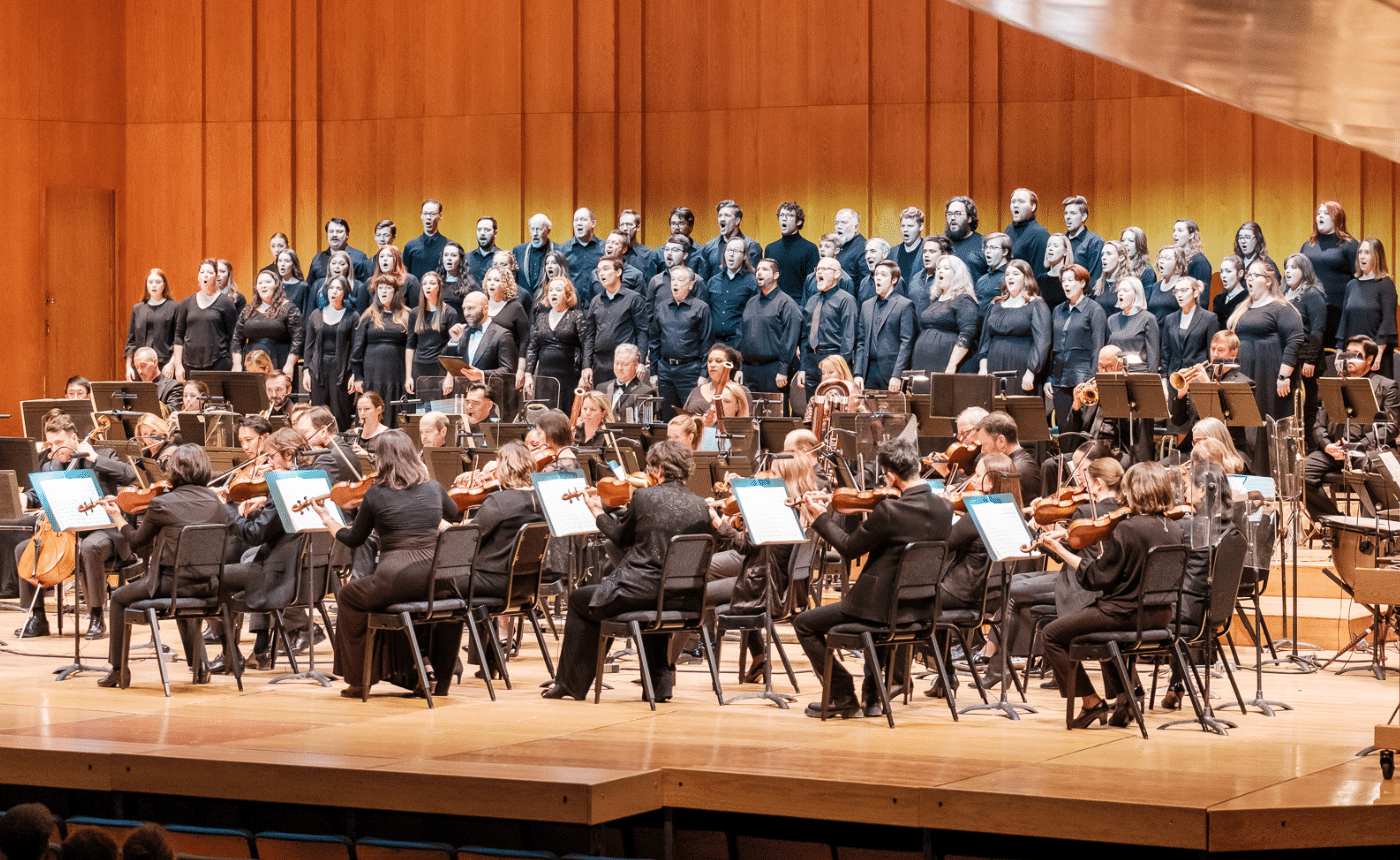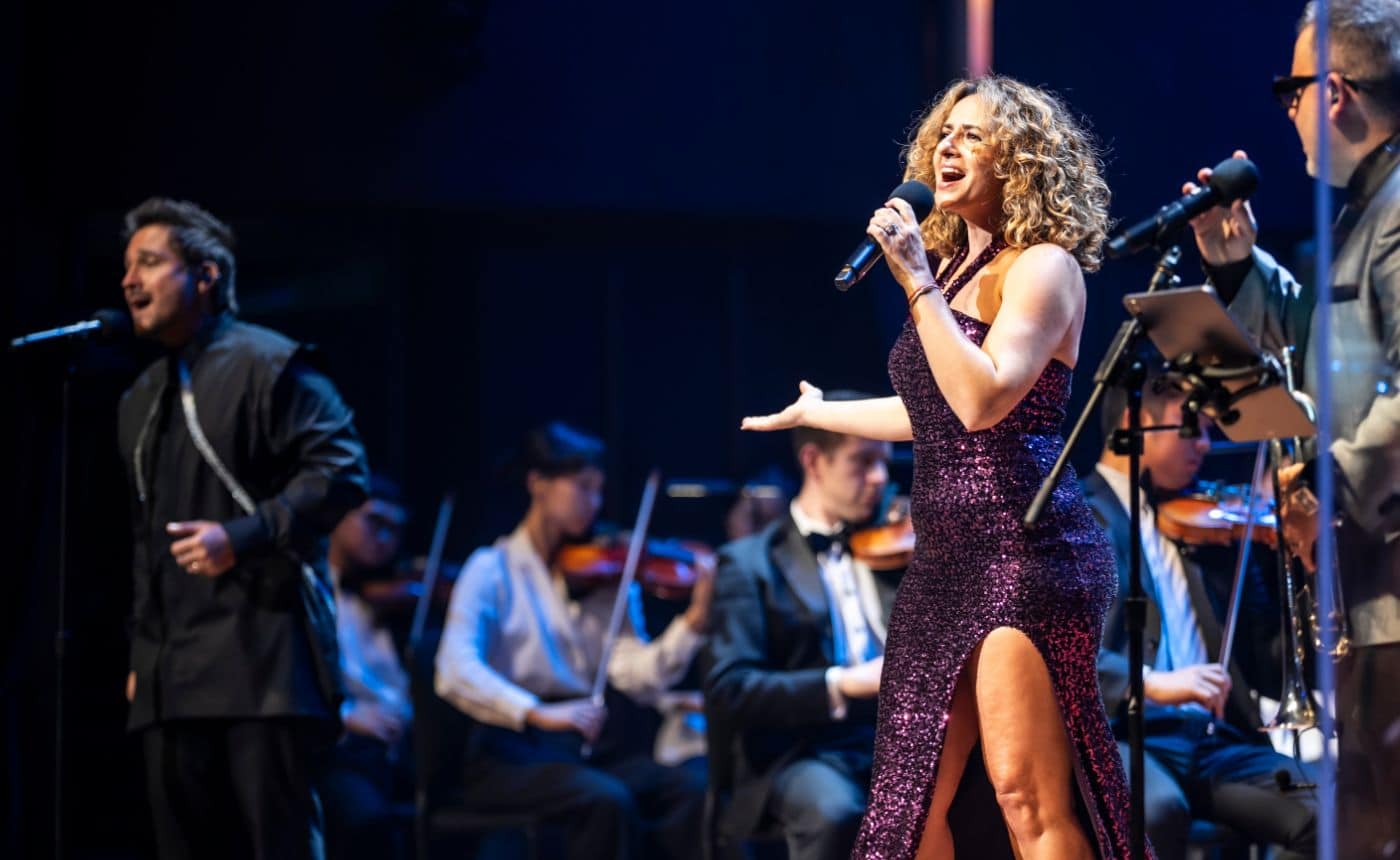Mozart – Concerto No. 2 in D Major for Flute and Orchestra, K. 314
by Jeff Counts
Instrumentation: 2 oboes, 2 horns, strings.
Duration: 16 minutes in three movements.
THE COMPOSER – WOLFGANG AMADEUS MOZART (1756-1791) – Having successfully secured his release from the employ of Salzburg’s Bishop Colloredo in 1777, Mozart set out on a job-hunting trip with his mother that September. His first choice was Mannheim, a place his father also preferred for him as a court which “illuminate[d] the whole of Germany.” It was not meant to be but Mozart did pick up a few commission opportunities during the wait for Karl Theodor’s decision.
THE HISTORY – While anxiously biding his time in Mannheim, Mozart was approached by the physician and amateur musician Ferdinand Dejean to compose a set of works with prominent solo flute parts. The set was to include (the numbers vary depending on the source) three new concerti and six flute quartets (for flute, violin, viola and cello). In the end, he produced (these numbers also vary) just two concerti and three quartets. Only half of the fee was earned for this effort and Mozart’s letters from the period indicate some frustration with the project. He bristled at the notion of producing so much for an amateur musician who, regardless of generosity, was limited technically. This attitude may account for the fact that Mozart did a bit of borrowing for the second of the two concerti he presented to Dejean in 1778. The K. 314 Flute Concerto was actually a reworking of an Oboe Concerto he wrote in 1877. Mozart had written the piece for the Salzburg court oboist but presented it later to the oboist in Mannheim, who was hugely enamored of it and performed it often in Mannheim over the course of the next year. To Mozart’s credit, and the benefit of the flute repertoire, the Flute Concerto was not simply a note for note translation of the oboe original. It is an excellent showpiece for even today’s most virtuosic soloists. Dejean must have had his hands full!
THE WORLD – 1778 was the year of Captain James Cook’s third voyage, during which he “discovered” the Hawaiian archipelago. Also in 1778, France signed treaties with the newly formed United States in official recognition of the young republic.
THE CONNECTION – Mozart’s 2nd Flute Concerto has never been performed by the Utah Symphony in the Masterworks Series.











